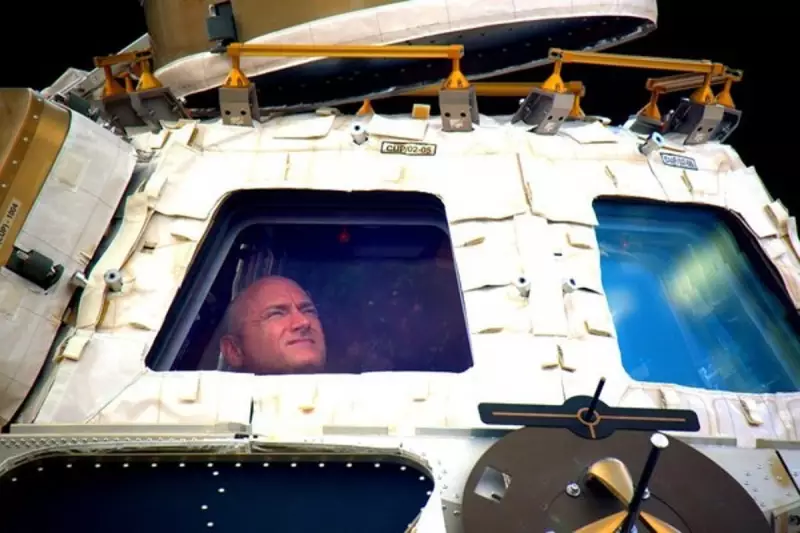
In an extraordinary revelation that could reshape human space exploration, NASA has confirmed that astronaut Scott Kelly's DNA underwent significant changes during his unprecedented year-long mission aboard the International Space Station.
The groundbreaking findings emerged from a unique study comparing Scott with his identical twin brother, former astronaut Mark Kelly, who remained on Earth during the 2015-2016 mission. The research provides crucial insights into how extended spaceflight affects the human body at a genetic level.
The Historic Mission
Scott Kelly's remarkable 340-day journey began with a launch from Cape Canaveral, Florida, making him the first American to spend nearly a full year in continuous spaceflight. This marathon mission doubled the typical six-month stay for ISS crew members and positioned Kelly as a living laboratory for studying long-duration space travel effects.
"This represents the dawn of human genomics in space," NASA researchers stated in their analysis of the twin study results.
Revolutionary Scientific Findings
The comparative study revealed several astonishing developments in Scott Kelly's biological makeup:
- Significant changes in gene expression patterns
- Alterations in chromosome structure in white blood cells
- Modified cognitive function indicators
- Changes in gut bacteria composition
Perhaps most remarkably, researchers discovered that approximately 7% of Scott's genes failed to return to their pre-flight status even after returning to Earth, suggesting potential long-term changes from extended space exposure.
Implications for Future Space Exploration
These findings carry profound implications for NASA's ambitious plans for crewed missions to Mars and beyond. Understanding how prolonged space travel affects human biology at the genetic level is crucial for ensuring astronaut safety during multi-year interplanetary journeys.
The research provides vital data for developing countermeasures against space radiation, microgravity effects, and other unique challenges of long-duration spaceflight.
As space agencies worldwide prepare for the next era of human space exploration, studies like the NASA twin research will prove invaluable in safeguarding the health of astronauts venturing deeper into our solar system than ever before.





